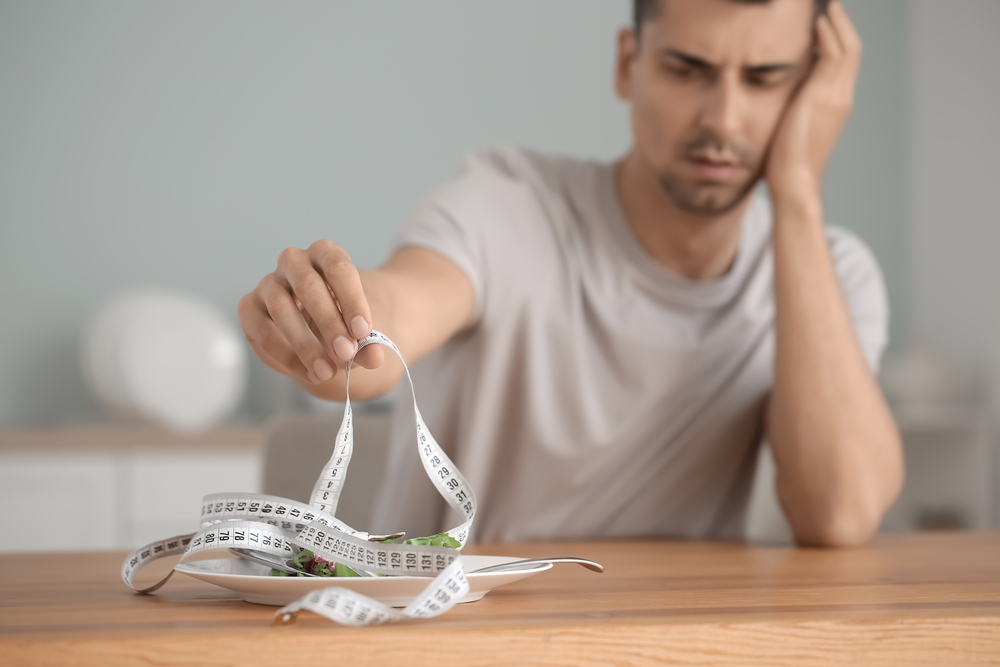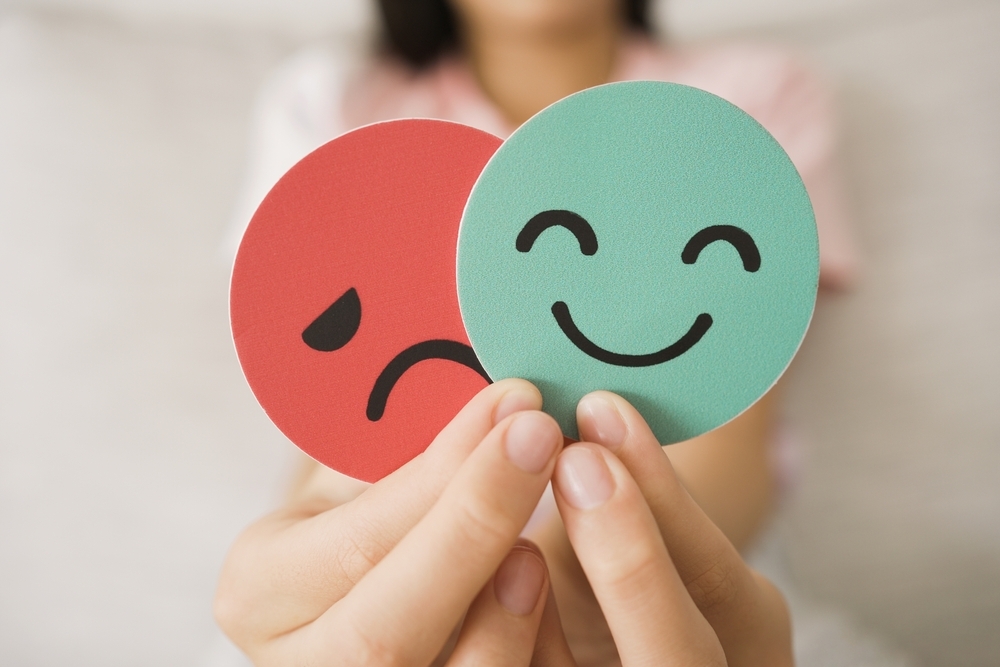Last Updated:
August 8th, 2025
“The deeper that sorrow carves into your being, the more joy you can contain.”
Kahlil Gibran – On Sorrow and Joy
For some people, happiness appears to be as constant as the Northern Star, while for others, joy is as fleeting as a falling snowflake. Many of us lament that we cannot capture and bottle our happiness when we’re doing well, so we can unbottle and consume it when we are at our lowest.
For a person in newfound sobriety, these lows may be more common than they first anticipated, making the pursuit of happiness just as valuable as when they were addicted, if not more so.
How common are sadness and depression in sobriety?
Even for people who haven’t experienced the extreme highs and lows of drug addiction, depression can be incredibly common. We may broadly understand depression as a depressed mood or a loss of pleasure in previously enjoyed activities, lasting for extended periods. The WHO estimates that as many as 5% of all adults (280 million people) struggle with depressive disorders around the globe. Depression may indeed be more common for people who have worked their way out of a substance use disorder, for a myriad of reasons.
What may be at the source of my sober unhappiness?
For any person, there is an immeasurable constellation of past, present and expected future experiences that shape and drive feelings of unhappiness and unease. If they’ve been through the terrors of addiction and have newly found sobriety, sadness may visit frequently.
The truth is that sobriety removes the substance but not the pain underneath it. Here are some of the most common sources of unhappiness in newfound sobriety.
Once the substance is removed, the brain may struggle to produce adequate levels of mood-regulating chemicals. This can lead to a permeating and dull feeling known as anhedonia, or the inability to feel pleasure. This state is generally only temporary, but its effects can be disturbing enough to leave numbness in its wake.
PAWS is a common part of post-rehab reality for many people. Research shows that as many as 90% of people recovering from opioid addiction have post-acute symptoms. Many people don’t expect to feel this way once reaching sobriety and quickly start to worry that something is deeply wrong. As the body and mind readjust and recalibrate, space should be given to the damaging potential of PAWS in newfound sobriety.
Addiction recovery often serves to lift the curtain on a person’s partial view of their depression. Acknowledging the possibility that depression may be deeper than first thought isn’t a setback. It may open the door to deeper healing that treats both the addiction and the emotional pain that lies within.
Where might I find new sources of happiness in sobriety?
For many people who have been through the depths so common in addiction, it is tempting to think happiness automatically follows once sobriety is reached. This is downplaying the severity of addiction’s long-term damage on the body, mind and spirit. The emotional challenges in recovery do not finish after rehab is complete.
It may be beneficial for you to think of newfound sobriety as a blank canvas. Here are a few suggestions that bring colour, meaning and a deeper purpose if sadness is plaguing your sober life. We hope they support you in dealing with feelings of sobriety.
Most rehab aftercare services use therapy to help you manage depression and unpack trauma. Group therapy is structured to help you connect with others who have been, or currently are, in your same situation. Individual therapy can be another valuable option to help you delve deeper into mental health problems and set the stage for positive lifestyle changes. Cognitive behavioural therapy (CBT) and dialectical behavioural therapy (DBT) are just two of a broad spectrum of therapy modalities that help you develop long-term coping strategies.
Connecting more deeply with the people who helped support your change can bring a profound sense of peace. However, it’s also important to remember that the recovery process itself may create a necessary distance between you and the other person. They could easily fear a potential relapse.
It will benefit you to understand a phrase used by psychologists and addiction experts called “People, places and things.” Although the phrase may sound simple on the surface, it is a profound and significant factor in maintaining sobriety. It refers to the often invisible influence of individual elements in your life, including the places you go and the people you spend time with. While addicted, the brain will create relationships between external stimuli and the use of a substance, from the voice of a friend you used drugs with to the tinkling of pub glasses. Recognising and working to remove these influences may become a deeply rewarding process that fortifies your newfound sobriety.
Overcoming the challenge of addiction may be one of the greatest efforts you’ve ever made. As an abstract comparison, some artists work for years on a demanding project. Once they’ve completed it, a certain amount of sadness, or post-completion depression, may be inevitable. Think of your own journey as the completion of such a rigorous demand. Develop a journaling schedule and make room for potential future sadnesses. The fear of the unknown didn’t permanently freeze you when you felt it as a child, so do not let it freeze you into a state of sadness now.
I need support for my addiction recovery
Even outside of those overcoming a substance addiction, millions of people in the world suffer from prolonged bouts of depression. However, a high proportion of people, after recovery, may find themselves isolated and not knowing where to turn for help.
If you or a loved one remains sober but unhappy, or you need help managing the urge to relapse, we’re here to help.
At UKAT, our experienced team is here to help keep you on the path of lifelong sobriety. We specialise in tailored detox programmes with aftercare services, so you’re supported at every step. Contact us today.
(Click here to see works cited)
- “On Joy and Sorrow.” Poets.Org, Academy of American Poets, 11 May 2022, poets.org/poem/joy-and-sorrow.
- “Depressive Disorder (Depression).” World Health Organization, World Health Organization, www.who.int/news-room/fact-sheets/detail/depression
- “Anhedonia.” Anhedonia – an Overview | ScienceDirect Topics, www.sciencedirect.com/topics/medicine-and-dentistry/anhedonia
- “Relapse.” Psychology Today, Sussex Publishers, www.psychologytoday.com/us/basics/relapse
- “Post-Acute Withdrawal Syndrome and Opioids.” WebMD, WebMD, www.webmd.com/mental-health/addiction/opioids-post-acute-withdrawal-syndrome
- Mohamed, Ikram I., et al. “Assessment of Anxiety and Depression among Substance Use Disorder Patients: A Case-Control Study – Middle East Current Psychiatry.” SpringerLink, Springer Berlin Heidelberg, 3 June 2020, link.springer.com/article/10.1186/s43045-020-00029-w.




